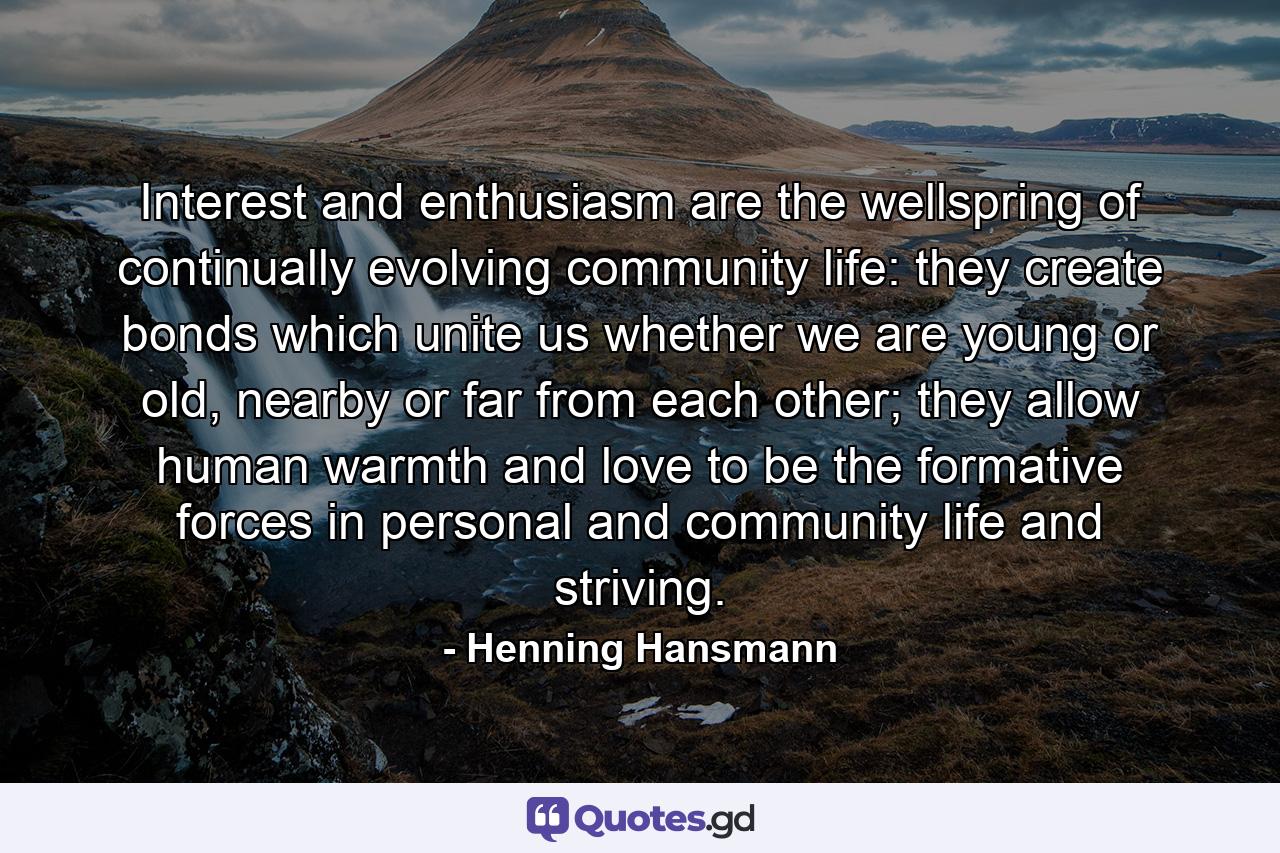The objective of learning is not necessarily to remember. It may even be salutary to forget. It is only when we forget the early pains and struggles of forming letters that we acquire the capacity for writing. The adult does not remember all the history s/he learned but s/he may hope to have acquired a standard of character and conduct, a sense of affairs and a feeling of change and development in culture. Naturally there is nothing against having a well-stocked mind provided it does not prevent the development of other capacities. But it is still more important to allow knowledge to sink into one in such a way that it becomes fruitful for life; this best done when we feel deeply all we learn. For the life of feeling is less conscious, more dream-like, than intellectual activity and leads to the subconscious life of will where the deep creative capacities of humanity have their being. It is from this sphere that knowledge can emerge again as something deeply significant for life. It is not what we remember exactly, but what we transform which is of real value to our lives. In this transformation the process of forgetting, of allowing subjects to sink into the unconscious before "re-membering" them is an important element.


